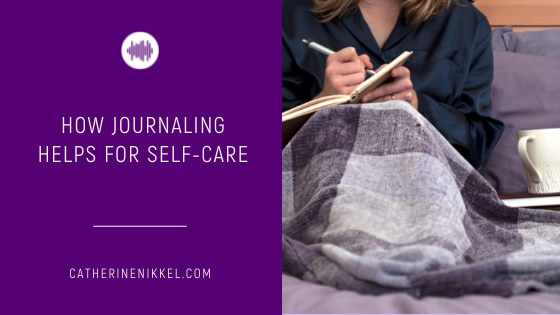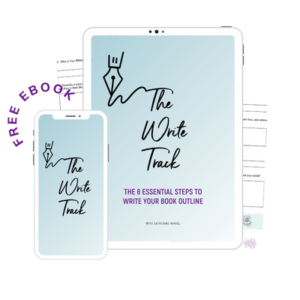Journaling has so many benefits in your life, whether for business or personal life. But, in recent years, the whole meaning behind journaling has changed, from something tween girls do in their room and keep hidden with a locket to something the most successful entrepreneurs and businesspeople tout as the secret to their success and well-being. So, journaling helps for self-care?
Nowadays, journaling has become the ultimate self-care hack — and for a good reason too. Countless studies and research show how journaling can help boost mindfulness, creativity, memory, and communication skills, improve sleep, and even build a stronger immune system.
Here’s the complete list of benefits when it comes how journaling helps for self-care:
- It can help boost your mood
- Reduces symptoms of depression and anxiety
- It helps calm the mind
- Can reduce the frequency of intrusive/negative thoughts
- Alleviates pent-up feelings, emotions, and stress
- Enhances self-awareness
- Strengthens the immune system
- Improves reading and writing abilities
- Increases optimism
- It helps you make progress toward your goals
- Enhances creativity
- Boosts your sense of gratitude
Are those enough reasons to start journaling for your mental health!? Ultimately, journaling is essential because it acts as an effective way to express yourself and your feelings. But, if you’re not sure where to get started, there are a few simple steps you can utilize that will help you begin your journaling journey. While the process will be undeniably different from person to person, there are a few basics.
Here are my four tips for getting started on journaling:
1. Pick A Time
Some of us are most creative and active in the morning, while others find their best journalling hours are before bed. So when you’re first getting started, try out different times of day to find a time where you feel the most relaxed yet expressive.
2. Pick a Space
A crowded kitchen table probably isn’t the best place to be one with your thoughts. Instead, try finding a quiet area of your house that doesn’t have many distractions. The best places for journaling are where you feel safe, calm, relaxed, and ready to put pen to paper.
3. Don’t Think
This one may be easier said than done, but try not to overthink it when you sit down to write. Like mediation, journaling is writing down whatever comes to mind without judgment or critique. So observe your thoughts without criticizing yourself or getting upset over what does come to mind; simply write.
4. Make it a Habit
The benefits of journalling may not be so great if it’s something you do once in a blue moon. Instead, it’s a habit! Carve out time a few times a week or even every day — this is a time meant for you to sit quietly with your thoughts and write.
It may be a hard habit to build initially, but once it becomes ingrained in your life, you’ll reap excellent benefits — a clearer mind, better sleep, improved mood, and more.
Also, I’ve written an article on Authority Magazine which touches on how journaling improved my life — overall. You can read the article here! And lastly, I know journaling can be tough for a lot of people — it’s why I coauthored a Guided Journal that helps with prompts to get you started. You can find it on Amazon here!
Resources
Join The Storytellers Café – My free training community to help you create an impact through your story
Enrol in The 5-Day Content Experience – Learn how to repurpose your content like a pro…in 5 minutes a day!

Email: catherine@catherinenikkel.com
Facebook: https://www.facebook.com/profitablestories/
Need help telling your story in your own voice? Let’s make it happen. Schedule a consultation with me here







